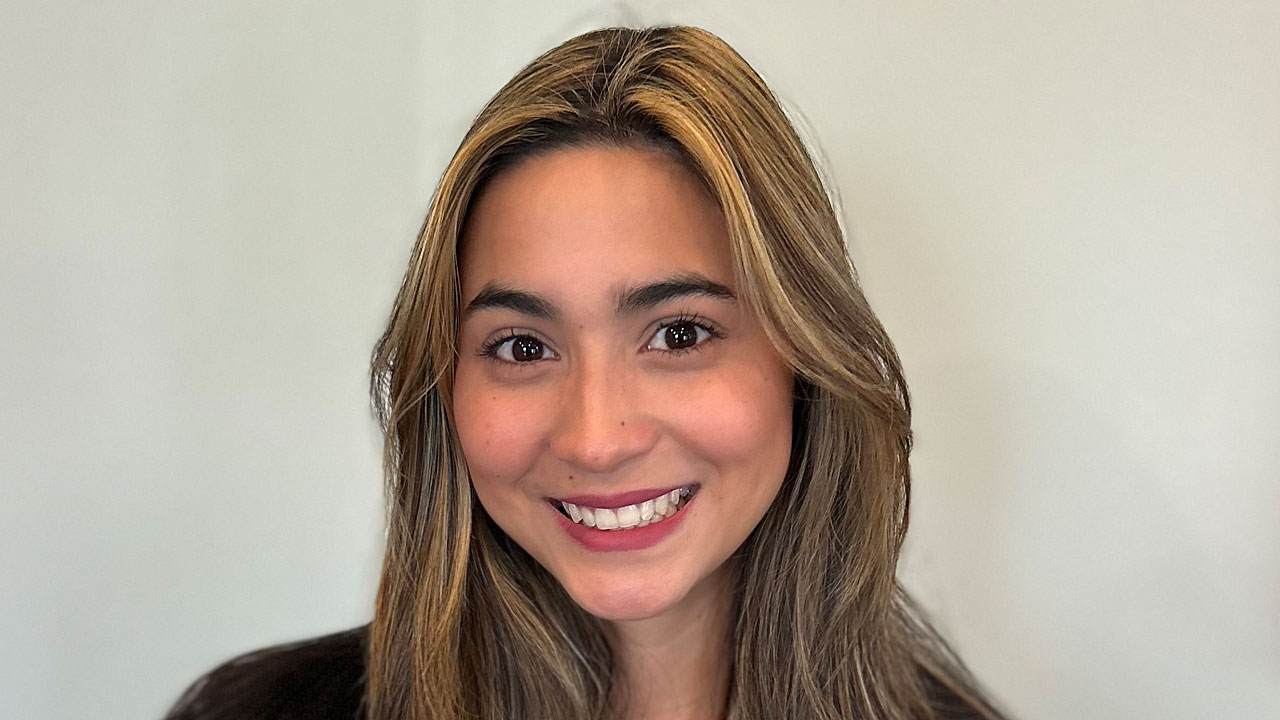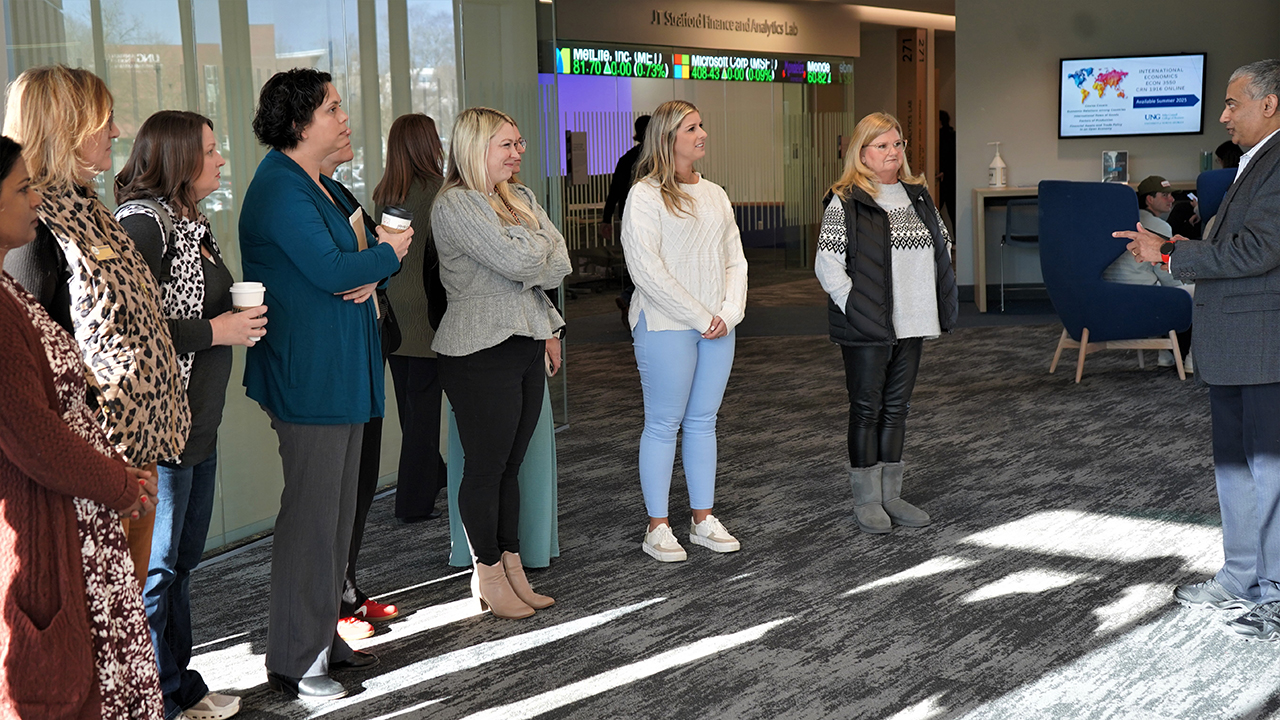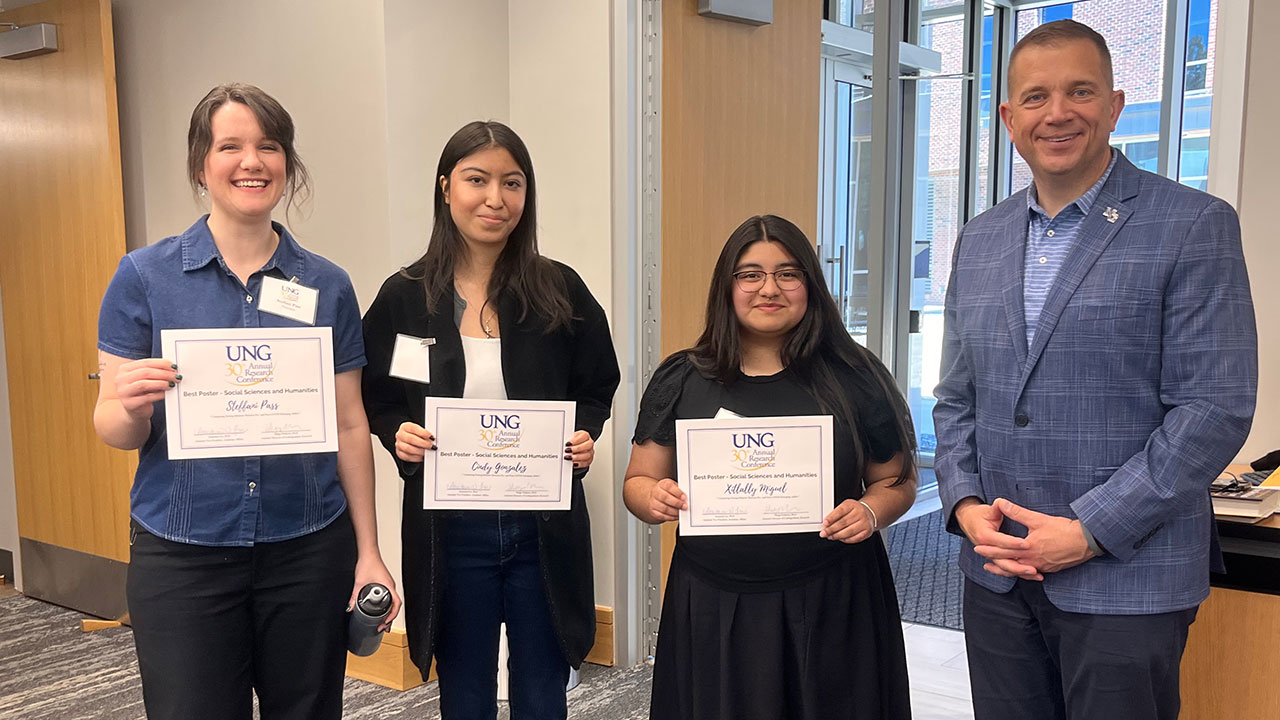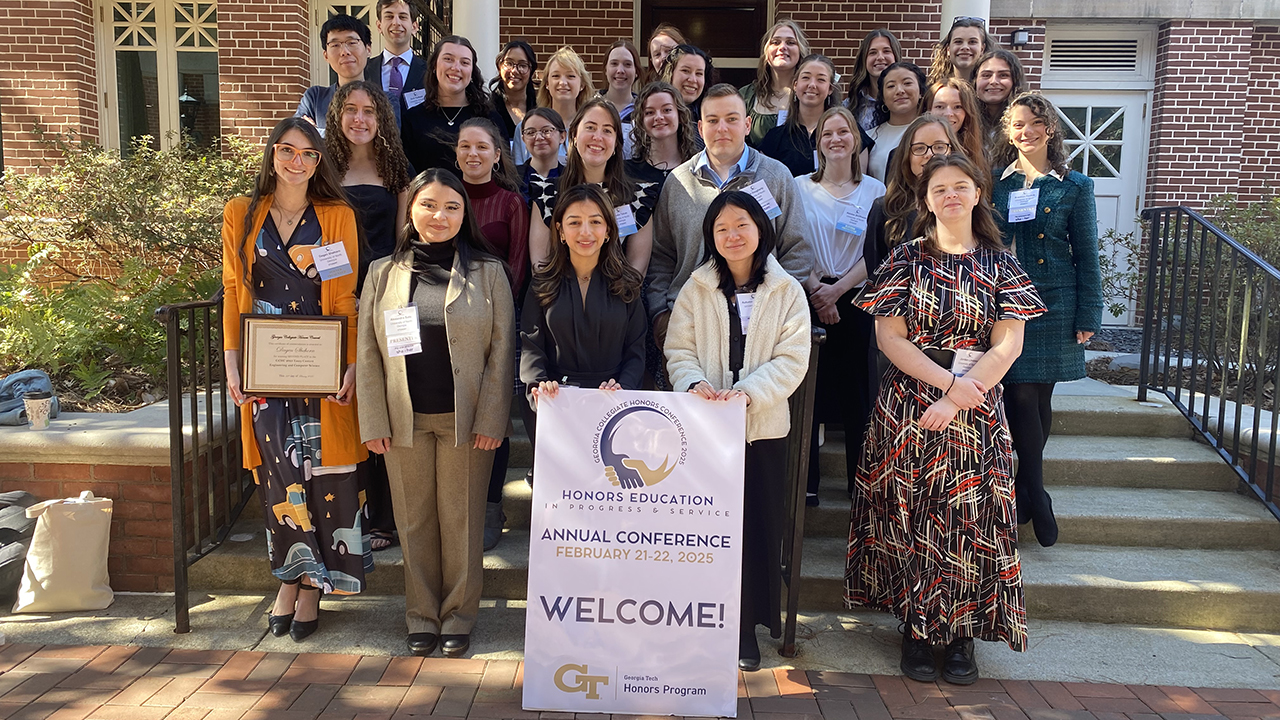Research aims to help social media users secure their information

Article By: Clark Leonard
When a new concern about privacy for social media users occurs every week, it is hard for them to know how to protect their information.
With that in mind, researchers at the University of North Georgia (UNG) are on a quest to give people who use Facebook, Twitter and Instagram better tools to guard their sensitive data. Thanks to a Presidential Semester Incentive Award, Dr. Ahmad Ghafarian and three students are conducting controlled experiments to see how much data is stored on computers and web browsers used by social media account holders.
Ghafarian, professor of computer science at UNG, received one of 38 grants totaling more than $360,000 awarded by UNG President Bonita Jacobs in January to faculty and staff members in support of academic excellence, scholarly activity and innovation.
Their research uses several open source computer forensics tools including Redline, Sleuth Kit, and Bulk Extractor, which law enforcement agencies also use to look for suspicious activity through memory and file analysis that help it gauge threats. Ghafarian has instructed each student to open several social media profiles on each social network and interact with each other to provide controls as the group looks for malicious activity.
Justin Frady, a senior from Buford, Georgia, pursuing a degree in computer science, said it's easy for people to forget about privacy concerns while on social media. He hopes the group's research can help change that.
"This research has helped bring my courses to life in a variety of ways. For example, in nearly every computer security/forensic-related course, we learn that the integrity of the data is a very important concept," Frady said. "In the end, if you cannot trust the data, then you cannot trust the results you're trying to prove. Dr. Ghafarian makes sure that all three of us follow the exact procedure, using the same methods and equipment, so that we can protect the integrity of this research."
Ghafarian's activities for his student researchers aim to see how easy it is to extract personal data once a social media user has logged into an account on a certain machine.
Darius Fiallo, a senior from Miami, Florida, pursuing a degree in computer science, said the research can be nerve-wracking, but he appreciates the high stakes.
"This research looks for any security flaws in the major social media people use and finds a way to help people keep their accounts and information secure," Fiallo said.
Deniz Keskin, a senior from Istanbul, Turkey, pursuing a degree in cybersecurity, said the information he and his fellow researchers have found about social media raises major concerns.
"The more we know, the more scary it is," Keskin said.
Ghafarian and his student researchers plan to examine content of main memory, registry, file system and "private" internet browsers that delete temporary internet files known as "cookies" for evidence of social media usage that could assist in information security and privacy.
Frady knows the problems addressed by this research will always be present in some form.
"I feel this research is important because social media is here to stay. Some social media applications may die out, but there are always new ones to take their place," Frady said. "Therefore, a lot of people will always trust their private information to these sorts of applications, without knowing if their data is truly secure or not."
Keskin is grateful to Ghafarian for his use of student researchers. He expects it to be an advantage when he applies for jobs. Plus, it's a topic anyone in Keskin's area of study would love to explore.
"I wish everybody could do research like this," Keskin said.



